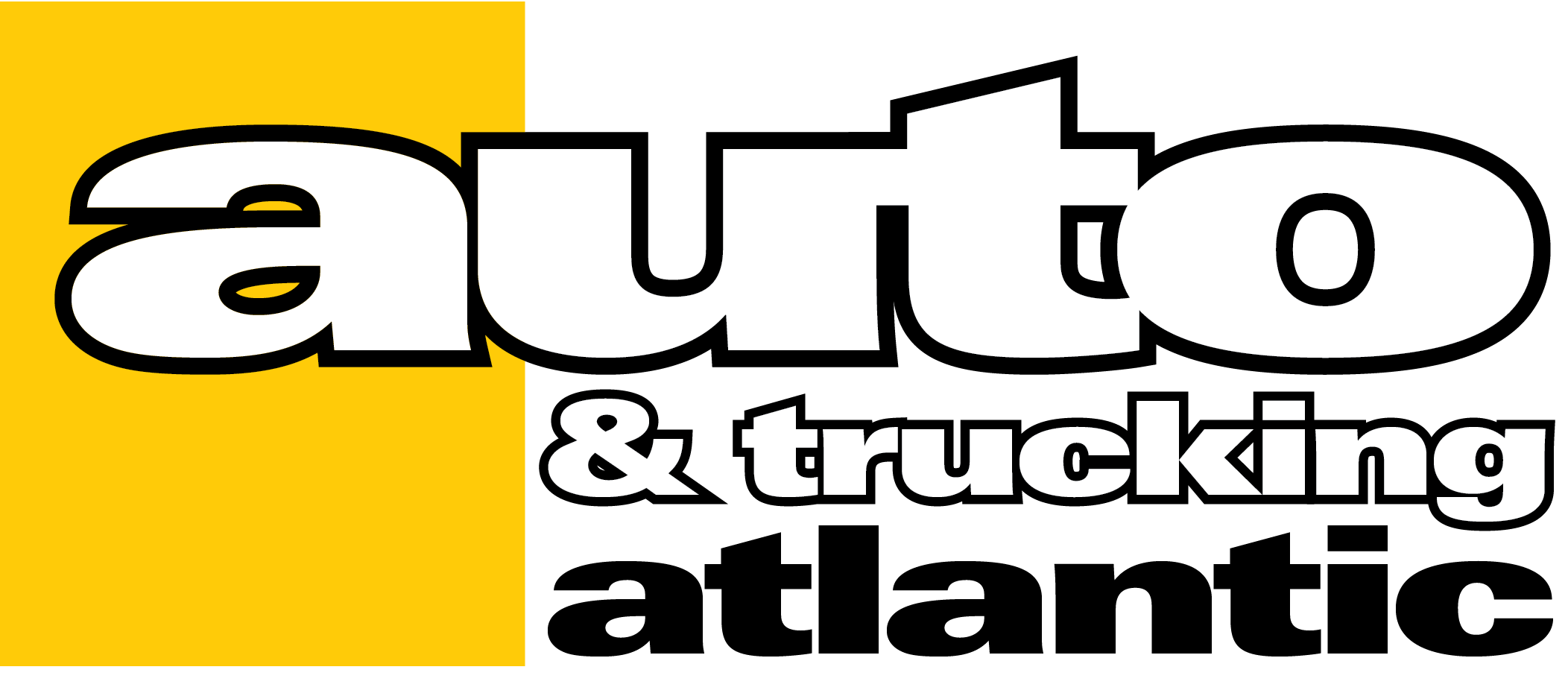Independent NS Gas Retailers Respond to Potential Disruptors
By Judy Dickson
Retail Gasoline Dealers Association (RGDA)
In 2013, Fortune reported that “while new drilling technologies and oil reserves are taking the pressure off gasoline prices and peak production issues, demand for alternative fuel vehicles continues to grow”.
In 2020, the demand continues. Today, a number of far-reaching trends are disrupting the fuel retail market. Among the most powerful of these across the country are the rise of alternative fuels (particularly electricity) for mobility, the emergence of new models in mobility, and the evolution of heightened consumer expectations around convenience and personalization. The impetus for these disruptions comes from an array of powerful new digital technologies. What does this all mean for our gasoline retailers in Nova Scotia (NS)?
EV Assist reports that driving an electric vehicle is now an everyday reality for some Nova Scotians. In the last year, EV sales increased by 386%. There are over 35 EV vehicle models available and over 100 charging stations in NS.

For a number of years, Nova Scotia gasoline retailers have had little control over the price at which they sell their products. Additionally, staying current with technological advances in service and repair has resulted in the closure of many service bays attached to retail gasoline businesses. To draw in customers and increase their profitability, retailers have expanded by incorporating other services such as convenience stores, coffee and food service and speciality retail services. The name change from “gas stations” to “service centers” is indicative of the heightened consumer expectation.
The decline of cigarette smoking, the rise of GPS-enabled smartphones, the development of more fuel-efficient vehicles, and other factors, are forcing gas stations with convenience stores to rethink how they attract customers. Consumers no longer stop to ask directions or to buy a snack or cigarettes.
Nova Scotia gasoline retailers were asked “what do you see as the far-reaching trends that are disrupting the retail gasoline markets?” Beth McNeill of McNeill’s Shell in Elmsdale, identified with the trends that the automotive public is driving less, and has heightened expectations. They want more than gas and a simple snack from the gasoline business. Customers are now looking for a branded food service such as sub or pizza shops where they can purchase items to go for a meal.
The sale of lottery tickets has been drawing in customers but that too is changing to being available online. She believes that any remodelling of business plans has to address consumer demand and new technology trends such as “pay at the pump” and recharging stations.
When we consider what the future holds for the independent retailers, we cannot overlook the current period in history that all businesses now face. That being COVID 19 and its resulting losses and increased costs during these very uncertain economic times.
Hilda Cormier was asked “in rethinking your business model today, what are the most pressing factors for you? ” She responded that we have to accommodate change and move forward. In these uncertain times, Cormier’s Service Station, a well-known Cheticamp business just completed a major ¼ million dollar renovation which includes “pay at the pumps.”
Like many businesses, they are still feeling the losses in volume of sales from Covid 19 and the increased costs for safety and sanitation supplies and staffing costs. Of great importance to Hilda as they move forward is her staff and their future.
Hilda recognizes the increase in electric cars on the road and acknowledges it as a factor that must be taken into account when planning for the future. “At this moment, adjusting to safety protocols, and looking after my staff are taking priority.”
There is not one trend pushing the change; it is a multitude of disruptions that are overhauling one’s relationship with the auto and the way gasoline is sold. And with all these things in transition, the business model for the service station must ultimately begin to reflect the new reality.
When Daniel Thimot of D. Thimot Service Center in Meteghan was asked “what can fuel retailers do to prepare themselves for the future?” he responded with “ a good offering for what the customers need and want. It is more than responding to technology. You must have the right product, location, hours and staffing.” Daniel recognizes there are a few electrical vehicles around but at this point in time, it is not a major consideration for his business. His biggest consideration is having trained staff willing to be top performers in a busy service business.
While the potentially painful disruption is not entirely welcome news for the legions of independent gas stations and their owners, it represents an opportunity for early adopters, ready to embrace and anticipate change. At the heart of any business plan is servicing the needs and wants of the consumer. To learn about EV vehicles, go to https://evassist.ca/ and www.allev.canada


